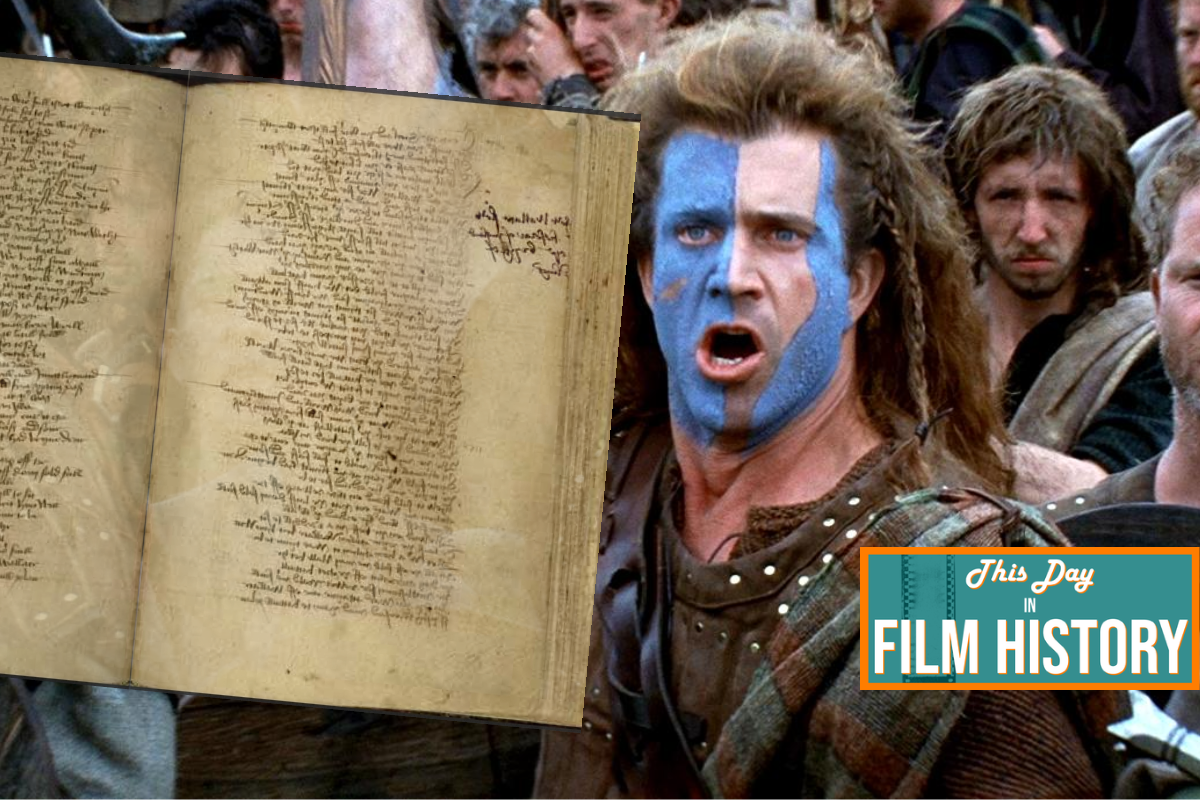
How a legendary poem inspired a legendary film.
We have all seen the epic battles and characters that fill Mel Gibson’s 1995 film “Braveheart” but few have heard of its origins. The film is chalked full of history, rumor, and a fair amount of pure fabrication. That shouldn’t be so surprising considering the epic poem that inspired it had the same mixture of fact and fiction.
Backstory: “The Wallace” (1478-88) by Blind Harry
“The Wallace” is an expansive poem that spans hundreds of pages. The poem tells a romantic tale of the life of William Wallace a Scottish freedom fighter who lived a century and a half before its publication. Upon its publication, the poem was the most popular book in all of Scotland, second only to The Bible. No one knows exactly when “The Wallace” was first written but it is understood to have been written between 1478 and 1488.
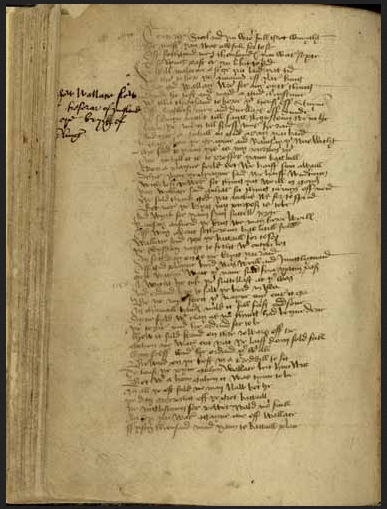
“The Wallace” manuscript. 1488.
You know you’re in for some interesting stories when the author is named “Blind Harry”. Blind Harry, also known as Henry the Minstrel, or simply Hary, was a bard of his time. He would travel and perform his epic tales for people across the land including kings like King James IV who ruled over Scotland until he died in 1513.
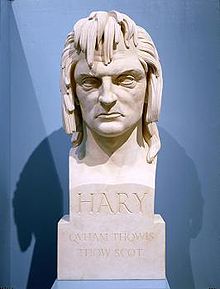
A bust of Blind Harry by Alexander Stoddart
Blind Hary was a warrior poet. He had a military background, though we don’t know much detail beyond that. Yes, Blind Harry was indeed blind. There are conflicting accounts of his blindness, speculating whether it began at birth or started years later.
Epic Poem to Epic Film
Randall Wallace was the writer of the “Braveheart” screenplay. Upon the film’s release, he was nominated for best original screenplay though technically the work was largely based upon “The Wallace” by Blind Harry. If we judge the screenplay by its faithfulness to “The Wallace” Randall Wallace was rather accurate in his depiction.
Some scenes in the film were a subject of much controversy for their inaccuracy. Most prominently among them is a scene where a dozen Scottish lords are found hung by their necks in a cabin, slain by the English. It is largely agreed by historians that this never happened however it is clearly written in Blind Harry’s version of the history, or legend more accurately.
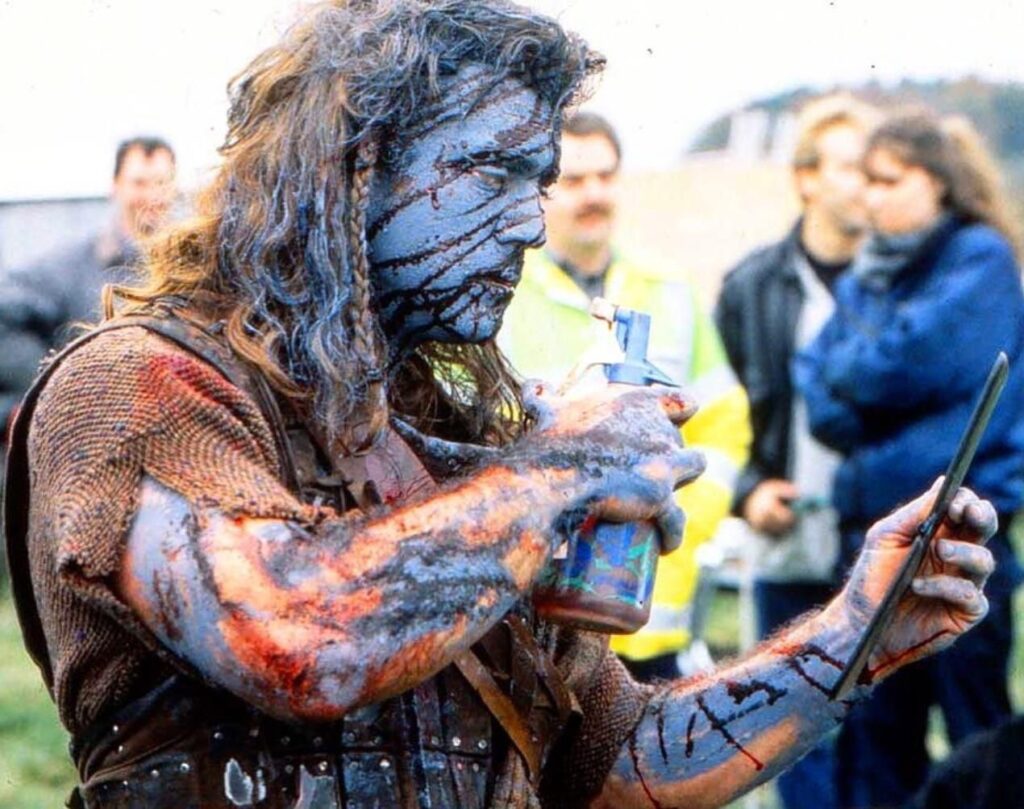
When I watch “Braveheart,” I think of it as akin to Zack Snyder’s film “300” (2006) a film about real history and the legends that operate within that history. “300” was admittedly more clear about the storytelling aspect of history as opposed to pure facts. “Braveheart” also deals with two nations in a conflict that still exist today whereas “300” is further removed from modern history by 1,500 years. The ultimate source material for “300” was Herodotus a Greek writer and geographer. Like Blind Harry, Herodotus did not merely write history and facts he also depicted what that history meant to the people and the legends they told.
I am bound to tell what I am told but not in every case to believe it.
Herodotus “The Histories” Book 7 Ch. 152

Many, perhaps most, of historical writings before the modern era were not reports of dry facts and peer-reviewed papers but rather legends and stories of glory, tragedy, and great conflict. Objectivity was not the goal but to enjoy a common history in a captivating way. Many people object to this documentation of history and dismiss it outright. In modern works of history, especially films today, I believe we do the same “legend-making”, and for good reason. People need legend and folklore, something that echoes the deeply human experience that dry facts and objective realities cannot. We are not ones and zeros, we are creators of fantasy and therefore fantasy exists within us inside of reality.


“Braveheart” and “The Wallace” are birds of a feather. While it is important that are understood for what they are (not pure facts) it is also important that we experience the legend. It’s in reading and watching of the legends and stories that we can comprehend the emotion, drama, and passion that peoples felt so long ago.
If you enjoyed this article please share it! Also, be sure to follow This Day in Film History on Facebook, Instagram, and Twitter. Thank you for reading!


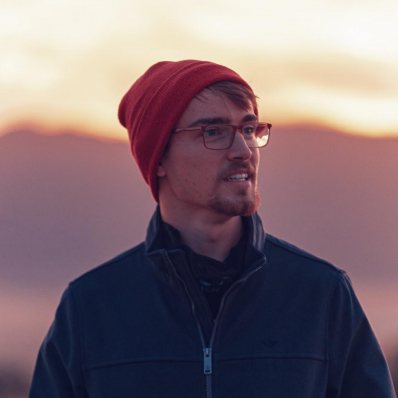
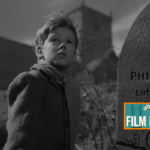
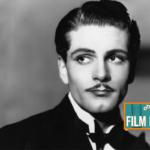
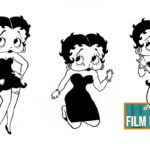
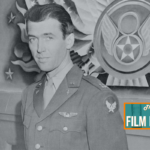

indian lullabies
lullabies
October 18, 2021